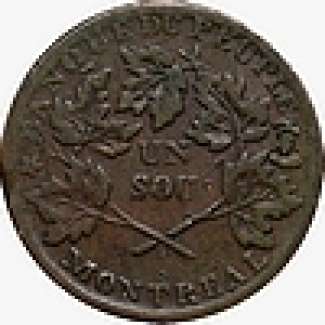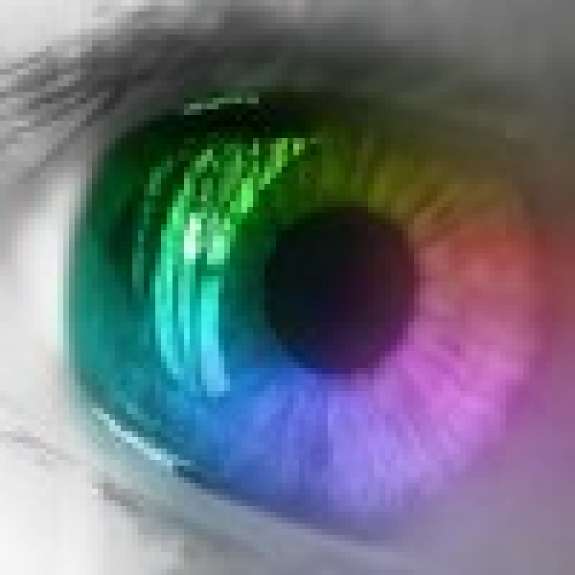You requested clarification on the word 'barbotte', which I used to describe the previous history of the building on Cypress Street owned by Sam Feldman, also mentioning that, apparently, it can't be found on the web, which I thought was interesting, as an example of a word that rose and was once quite common, but which is now not only dead, but has been dead for about half a century.
The word itself was an odd, even comic, Montreal French Canadian invention, its Montreal use possibly unfamiliar even to non-Montreal French Canadians. The ordinary original meaning of 'barbotte' was 'catfish'. However, there used to be an archaic casino game, I think going back to metropolitan France, called BARBOUTH, which was some kind of wheel game, resembling roulette. I don't know whether either the original barbouth, or roulette, for that matter, were once actually played in Quebec (illegally), maybe back in the 18th-19th centuries. In any case, 'barbouth' was corrupted or creatively modified into 'barbotte' somewhere around the 1920s, as an expression used to describe ILLEGAL MONTREAL GAMBLING HOUSES, which were once found all over the city. For example, a long-famous one was located at 1445 Metcalfe, until the site was purchased by Ben Kravitz, whose original BEN'S delicatessen was located kitty-corner from there, on the N. W. corner of Burnside/Maisonneuve at Metacalfe. Ben long-coveted the S.E. corner, as a much stronger lunchtime draw for business people coming up from Ste. Catherine's, who might otherwise choose Dunn's. Harry Ship owned the building, and once sold it to Ben, but then tried to buy it back after getting through some heat with the law. Ben said that a deal was a deal, and the story goes that Harry Ship then said, "Ben...you do know who I am, don't you?" But Ben was unshaken by this thinly-veiled threat. He is supposed to have responded that he had become very popular with visitors from New York City, "all kinds of visitors from New York City", meaning even more sinister and much more violent characters than Harry, who would be most distressed if they heard that anything had happened to Ben, so Harry sullenly gave up.
I visited two barbottes around 1959, as a visitor to Montreal, not yet living here on a permaent basis, just out of curiosity, in search of girls and booze, never much of a gambler Despite the origin of the name, they had no roulette wheels, or anything resembling them They were above all places for horseplayers, all the barbottes having several constantly ringing telephones, betting slips, tip sheets, and raffish characters heading in and out, like loan sharks and occasional hookers, and sometimes a few slot machines, but not in a big way. I only learned many years later that they all were also tied into a central wire service connection that Harry Ship ran out of 327 Ontario Street East, which actually handled centralized racetrack information and large layoff bets for much of American gambling as well. I think some that I never saw had more elaborate provisions for booze, floating crap games, maybe a couple of fulltime regular hookers on call, etc., but I didn't see anything like this; they were actually not very interesting places if you were not a regular punter on the horses. They were separate entitiies from the 'blind pigs' (en 'francais', 'le blind pig', not cochon aveugle or similar), the after-hours illegal drinking establishments, whores, and sometimes strippers, also commonly laid on, or brothels, mostly just cheap hot-bed hotels, some of which are still around, although rarer and rarer (decades ago, EVERY small hotel or 'tourist rooms' located around the intersection of the Main and Ste. Catherine was a hot-bed house for about a block or so in every direction; I don't know if anyone ever stayed in them for a full night).
As is now only recalled in old Hollywood movies, betting on the horses used to be a HUGE North-American wide business, not just in big cities, but even in quite small towns. Even in places like small town Saskatchewan or Ontario, all visiting gamblers had to do was look for an inevitable local store, usually called 'Smokes and Novelties', the windows displaying things like ashtrays shaped like bedpans, rubber dogturds, toilet paper rolls with printed dirty jokes on them, wall plaques, like coloured photographs of Canadian natural beauties stuck on chunks of tree bark, or framed mottos. Also many conversation piece or joke signs, like 'We don't swim in your toilet, please don't piss in our pool'. Some were also genuine news and cigarette shops, with most of the front taken up by newspaper and magazine display stands, but the more blatant bookies had little more than the rubber dog turds. The proprietors were almost invariably middle-aged cigar-smoken Jewish guys, who varied from the unpleasant and possibly dangerous to amiable and popular locals right out of Damon Runyan. In fact, in Calgary, when a local theatre company decided to stage GUYS AND DOLLS around 1960, they couldn't find a suitable Harry the Horse among their largely gay and effeminate members, so they eventually recruited the city's best-known bookie, Hymie Garshman, who was a big hit essentially playing himself. Hymie was classier than most of his rivals, spurning the exploding cigars and rubber dog turds for a real florist shop, which he ran with his Chinese partner, Ernie Poon. The two had worked so long together that Hymie had picked up a fair amount of Cantonese and Ernie an even larger vocabulary in Yiddish; they used a mixture of the two for phone conversations they feared were being tapped by the police.
The various legal famous racetracks, and the immense network of illegal off-track betting, must have been a gigantic industry in the U. S. and Canada in the first half of the century. Both were killed almost completely dead after the 1960s, not nearly as much by any kind of police and court crackdowns (although Montreal had these in a big way in Drapeau's second term), but by a combination of the rise of the legal casinos, videopoker machines, more colourful and hypnotic than the old slot machines, and the legalization of government-issued lottery tickets. Sadly, it turned out that an awful lot of gamblers only wanted the thrill, not really caring that much for the horses, so that horsetrack racing has now been reduced to a tiny number of famous classics like the Kentucky Derby. In Canada in the 1940s, not just in Montreal but in almost every region, it would be quite common for an adult of any kind, from a cabdriver to doctor, lawyer, corporate executive, etc., to know at least slightly at least one bookie, even if he didn't bet, and often a jockey, horse trainer, etc.
But only in Montreal would everyone know what you meant if you mentioned visiting a barbotte.









